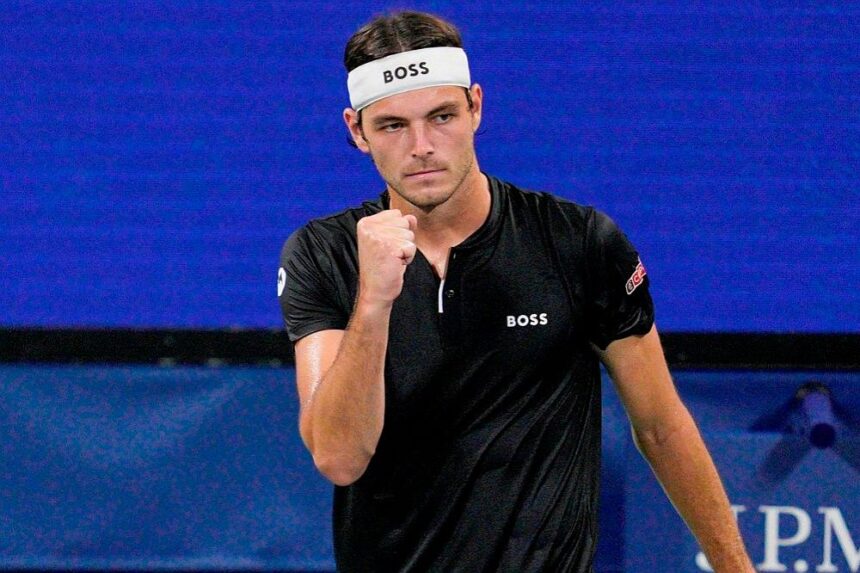The International Tennis Federation (ITF) announced on Monday that off-court coaching will be allowed at all of their tournaments from January 1st.
Players will be allowed to receive advice from their coaches throughout matches which the ITF believes will make the sport “fairer and, potentially, more entertaining.” The rule change has been given the green light during the governing body’s general meeting and trials had previously taken place since 2017. Officials say both players and coaches had been consulted about the subject beforehand with positive feedback received.
Under the new guidelines, the following rules will be implemented:
- Coaching is allowed between points and at change of ends and set breaks, and at any other time (except during the playing of a point) permitted by the sanctioning body.
- For off-court coaching and on-court coaching between points, communication may be verbal (when the coach(es) and player(s) are at the same end of the court) or by hand signals (at any time when coaching is permitted) only.
- Off-court coaching, and on-court coaching between points, must be brief (except during breaks in play) and discreet.
The decision to implement these rule changes will be up to each tournament.
Reacting to the announcement, former top 10 player Denis Shapovalov was one of the first to criticize the move on social media. He argues the new rules take away the ability for players to work out their own problems during matches themselves and instead, they will be relying on others.
“Not just as a tennis player but as a fan of this sport it’s sad to see this new off-court coaching rule. Tennis is special because you are out there alone. Why are you trying to change the beauty of this game?” Shapovalov commented.
World No.6 and US Open finalist Taylor Fritz is another player who has hit out at the decision.
“Can we stop ruining the 1v1 mental/strategic aspect of the sport PLEASE.” Fritz wrote on X.
Off-court coaching had already been used on a trial basis in all four Grand Slams as well as the ATP and WTA tours since 2023. When quizzed about this on social media, the American believes the use of such trials is done to prevent ‘people from freaking out’ about changes to the game.
“I have a joke with my team that ‘trial basis’ in ATP terms just means it is a new permanent rule but (the ATP) call it a trial so people don’t freak out….We been on this trial for two years I guess now, kinda proves my point.” Fritz said.
However, the ITF Executive Director Start Miller claims that ‘all parties‘ welcome off-court coaching based on the feedback they received. No details about the number of players, umpires and coaches the ITF spoke to have been given.
“Players felt it was a positive development and makes tournaments more interesting for them,” said Miller.
“Coaches have said it helps player development and helps to improve the standing of their profession. Chair Umpires have said it improves their ability to focus on monitoring the game and making the right decisions, rather than whether or not a coach is coaching against the rules. So all parties have welcomed this and it’s good to see the AGM support what we think is going to be a positive change for the game of tennis.”






